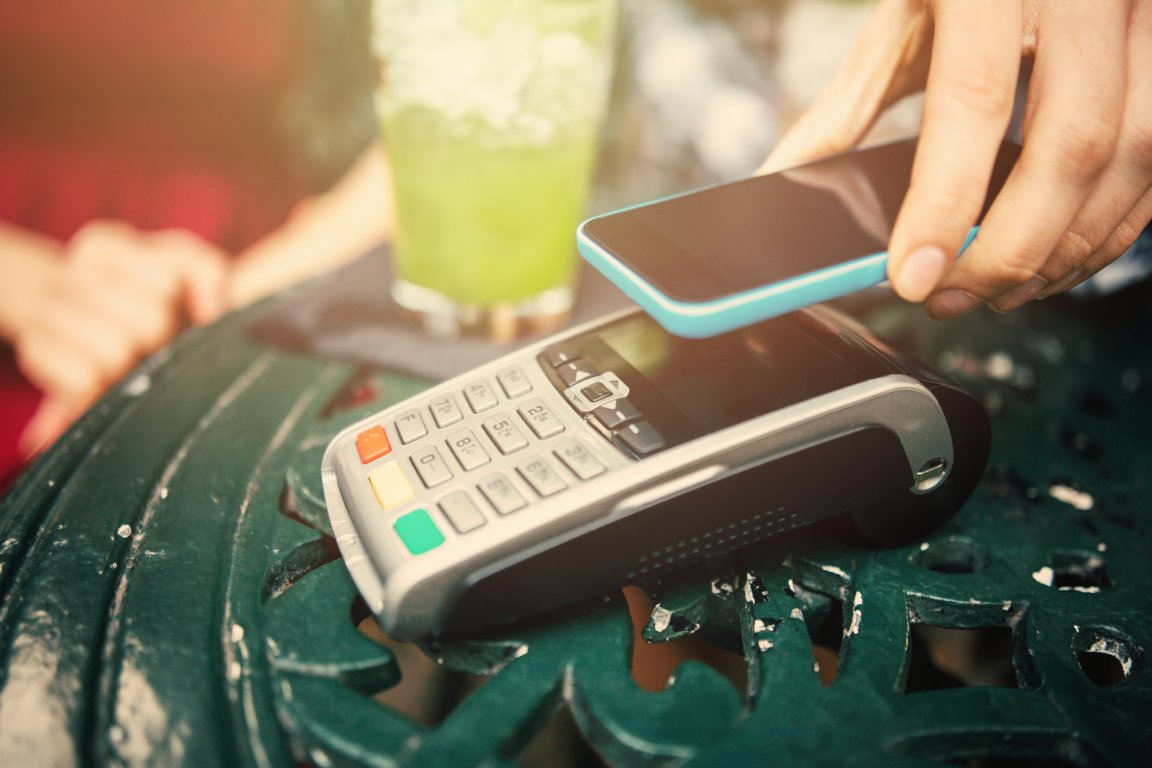
Do You Take Cash?
There are more ways to pay for goods and services now than ever before, and as such paper money seems increasingly old-fashioned. In China, cash is all but dead thanks to more convenient options.
Last year, the volume of mobile payments in China more than doubled, surging to a total of $5 trillion. Figures from the first three months of 2017 suggest that Alipay and WeChat Pay are the two services that dominate the market, with the former accounting for 54 percent of transactions, and the latter making up 40 percent.

CLSA, a research investment company based in Hong Kong, predicts that electronic payments in China will reach a volume of $45 trillion by 2021. Even now, everything from bike rental to fast food can be paid for with a smartphone — and sometimes cash isn’t a valid form of payment.
Loose Change
The ubiquity of smartphones makes it easy to conduct fast, secure payments whether you’re sending money to a friend, or paying for something in a store. However, it may well be that the current rise of digital transactions is simply an intermediary step.[infographic postid=”21754″][/infographic]
If cash is indeed on its way out, cryptocurrency seems to be its heir apparent. It offers up all the same benefits in terms of convenience and accessibility, but with the added protection of a digital ledger, and technological advantages like smart contracts.
That being said, a cashless future isn’t without its drawbacks. Most digital transactions are easier to track than cash payments — with certain cryptocurrencies serving as notable exceptions — which provides more methods of data collection to companies and organizations that have an interest in tracking consumer behavior to allocate advertising and marketing for optimum exposure.
Disclosure: Several members of the Futurism team, including the editors of this piece, are personal investors in a number of cryptocurrency markets. Their personal investment perspectives have no impact on editorial content.